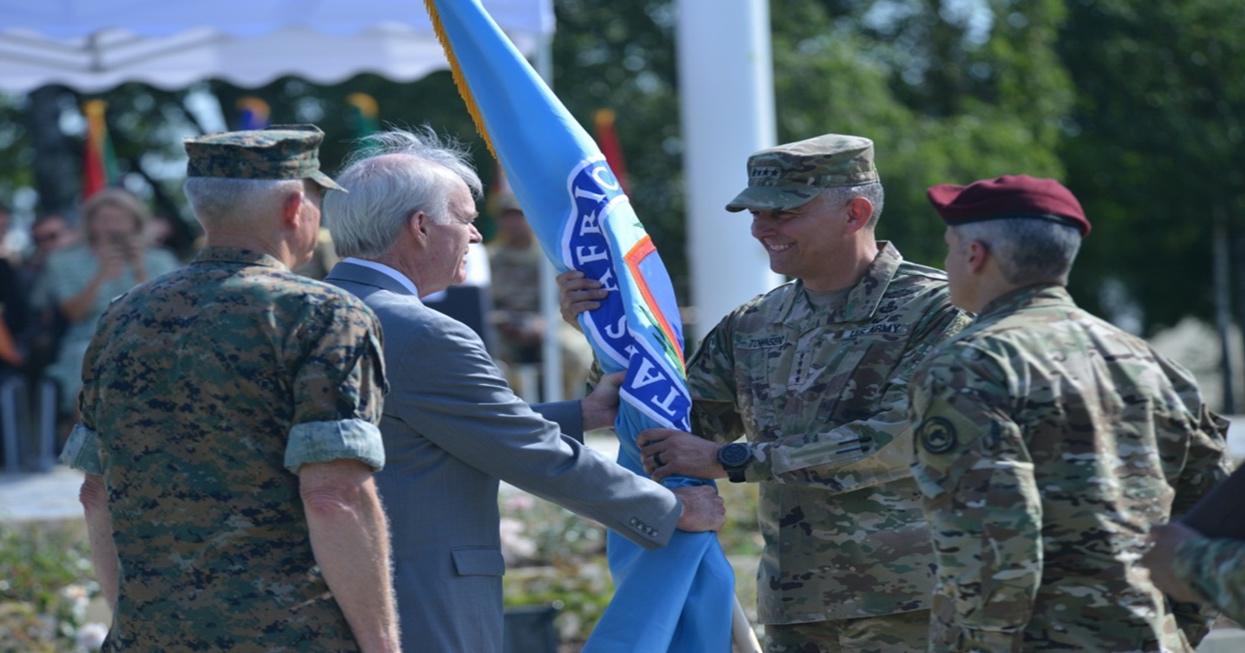
Townsend Oversaw Army Unit in Syria That Committed Myriad Atrocities and Helped Cover Up Crimes
As head of AFRICOM, the veteran of Operation Urgent Fury in Grenada and U.S. wars in Afghanistan and Iraq is sanctioning yet more dirty war operations and killing.
In early December, The New York Times reported on the existence of a clandestine army unit in Syria which, from 2014 to 2019, had launched tens of thousands of bombs and missiles and repeatedly killed civilians, including farmers trying to harvest, children in the street and villagers sheltering in buildings.
The secret unit—which officially did not exist—was called Talon Anvil, and it embraced a loose interpretation of the military’s rules of engagement, according to the Times.
From 2016 to 2017, the unit was overseen by four-star Army General Stephen Townsend who, as commander of the offensive against the Islamic State in Syria, authorized low-level commanders to order air strikes. Under pressure to obtain results, these commanders, according to Air Force intelligence officers, would push analysts to say they saw evidence, such as weapons that could legally justify a strike, even when none existed.
Larry Lewis, a former Pentagon and State Department adviser who was one of the authors of a 2018 Defense Department report on civilian harm, reported that Townsend was dismissive of reports from news media and human rights organizations describing the mounting human toll of U.S. Special Forces operations in Syria.[1]
Townsend also covered up for the U.S. bombing of the Taqba dam on the Euphrates River in March 2017 despite it being on a “no target” list.
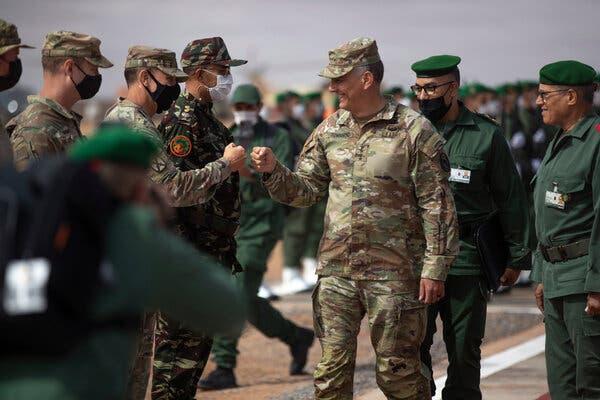
Rather than being hounded by anti-war protesters and fired, Townsend was promoted in July 2019 to become the head of the U.S. military’s Africa Command, or AFRICOM, headquartered in Stuttgart, Germany.
In that capacity, he is sponsoring yet more killing in U.S.-run dirty wars.
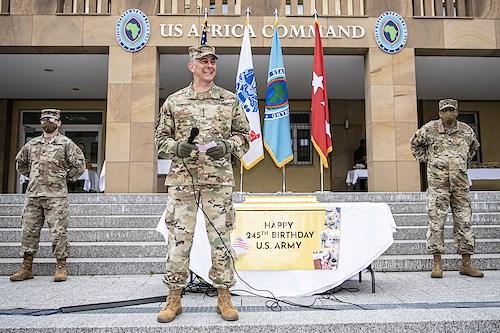
In April 2020, Townsend heralded the killing in a U.S. air strike of al-Shabaab leader Yusuf Jiis (aka Yusuf Nur Sheikh Hassan) 135 miles west of Mogadishu in Somalia.
According to Townsend, Jiis “was a key leader in the al-Shabaab organization [who] was violent, ruthless, and responsible for the loss of many innocent lives. His removal makes Somalia and neighboring countries safer.”
The “kingpin strategy,” however, in which top insurgent leaders are assassinated, has been shown time and time again to be a failure because these leaders are replaceable.[2]
In the case of Jiis, he was al-Shabaab’s liaison to humanitarian agencies who was accused of leading a raid on aid agencies in 2009—although it was not clear that he had ever killed anybody.
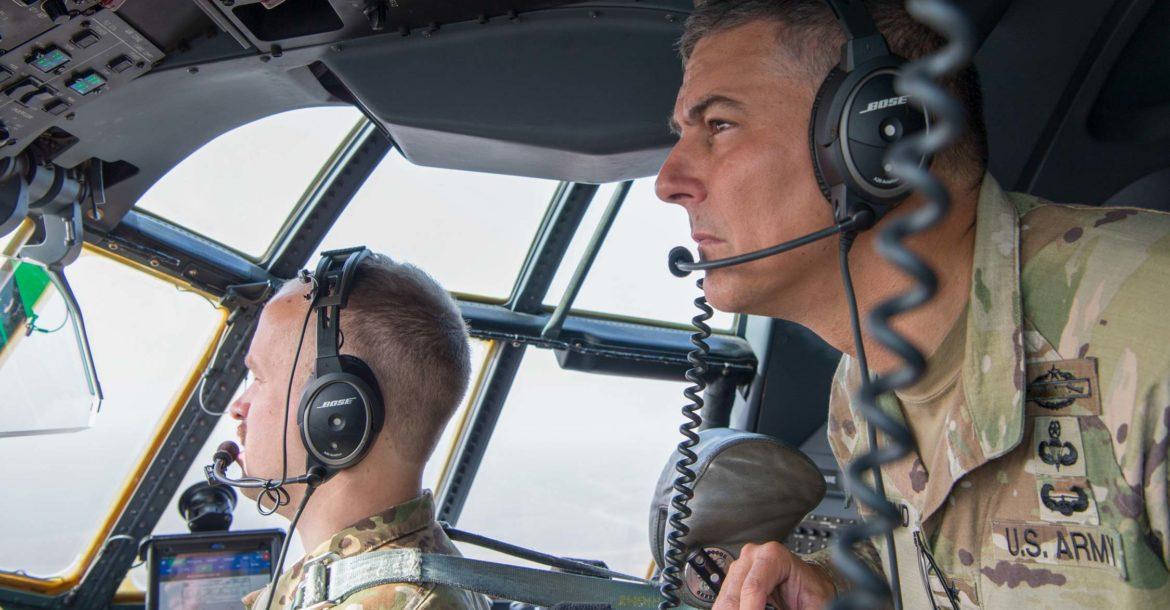
AFRICOM had carried out hundreds of air strikes in a decades-long war against al-Shabaab, which was founded among disaffected youth after a joint U.S.-Ethiopian invasion overthrew the more moderate Islamic Courts Union (ICU).
In April 2020, Amnesty International condemned AFRICOM for failing to report on civilian casualties—stating that it did not “seem to care about the families it has completely torn apart.”
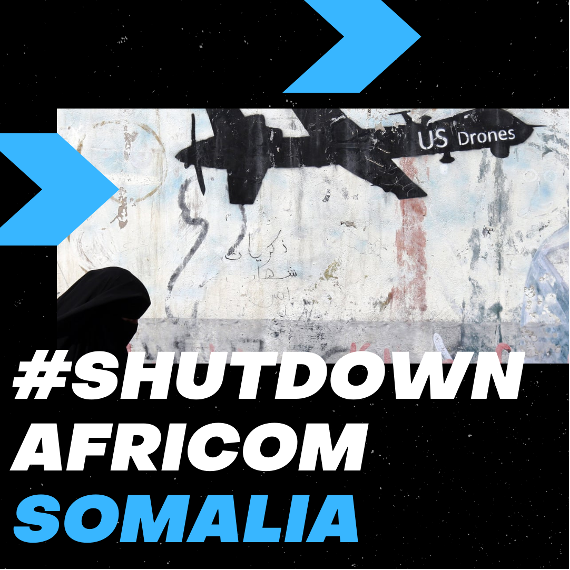
This is unlikely to change under Townsend’s direction, given his track record. In an op-ed in Foreign Policy, he claimed that the reports of civilian casualties coming out of Somalia were “vastly inflated,”[3] Airwars[4], however, identified at least 29 separate incidents in which civilians were harmed by U.S. military action in Somalia and, in June 2020, estimated that between 68 and 140 Somali civilians had been killed—a figure that far exceeded AFRICOM’s official count of four by at least 17 times.
Enabling Terrorism
AFRICOM was established in 2007 with the underlying goal of enhancing U.S. access to Africa’s mineral wealth and containing Chinese encroachment on the continent.
Townsend himself admitted in testimony before the U.S. Senate Armed Services Committee that 26 African nations “hold reserves of minerals determined to be critical to the U.S. economy and national security.” He also emphasized the importance of AFRICOM in keeping vital shipping lanes—which he said are key to the movement of Africa’s vast natural resources including energy and strategic minerals—open to international trade.
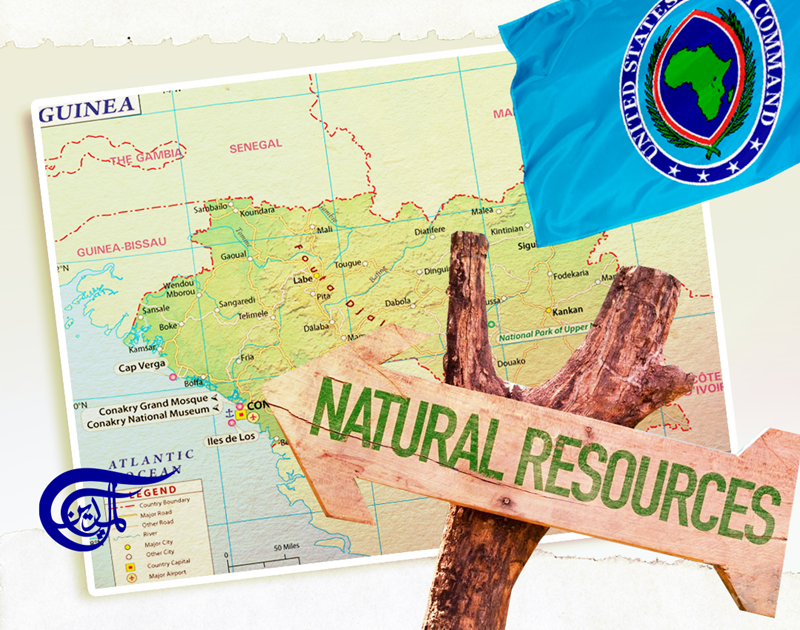
Netfa Freeman, co-coordinator of the Black Alliance for Peace’s Africa Team, said that “the real purpose of AFRICOM is to enable terrorism while at the same time prosecuting the ‘war on terror’ in Africa. This contradictory action ensures that Africa is in a constant state of war and instability. In doing so AFRICOM nurtures and justifies its own reason for being while developing a dependence of African states on AFRICOM for their defense.”
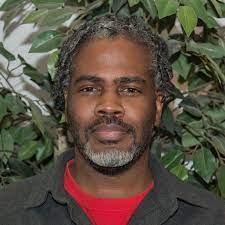
Since his appointment in 2019, Townsend has crisscrossed Africa, forging greater liaison with African military commanders and political leaders, many of whom are authoritarian in nature or have been involved in human rights atrocities.
In 2021, for example, Townsend visited Morocco to oversee a war-games operation between AFRICOM and local troops. One of the defense officials with whom he met was Lieutenant General Belkhir El Farouk, who was appointed to head military operations in Western Sahara, which Morocco occupies and had recently launched military operations against.
Townsend also met with General Mohammed El Haddad, chief of staff of the Libyan army, to discuss counter-terrorism cooperation. Subsequently, Townsend visited Libya in an attempt to curry influence with Libyan Prime Minister Abdulhamid Dbeibha in advance of elections scheduled for December (later postponed) in which Muammar Qaddafi’s son, Saif al-Islam, was the frontrunner. (The U.S. obviously does not want Qaddafi to win).
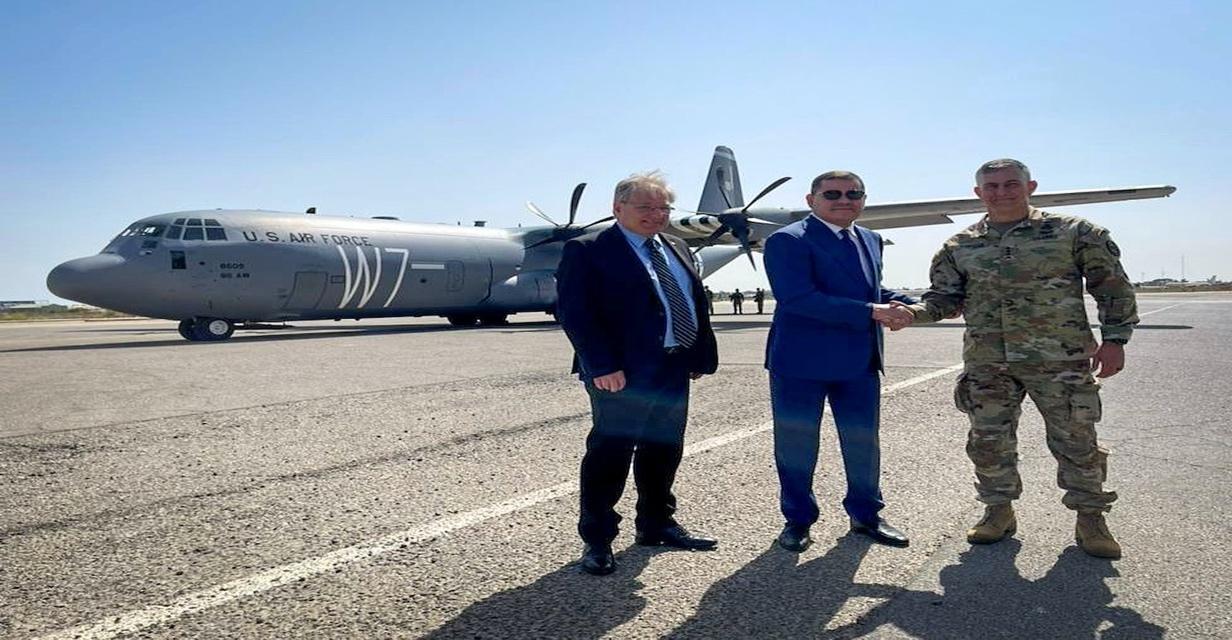
In September, Townsend met with Ivory Coast President Alassane Ouattara, who had overseen ethnic violence after winning fraudulent elections.[5]
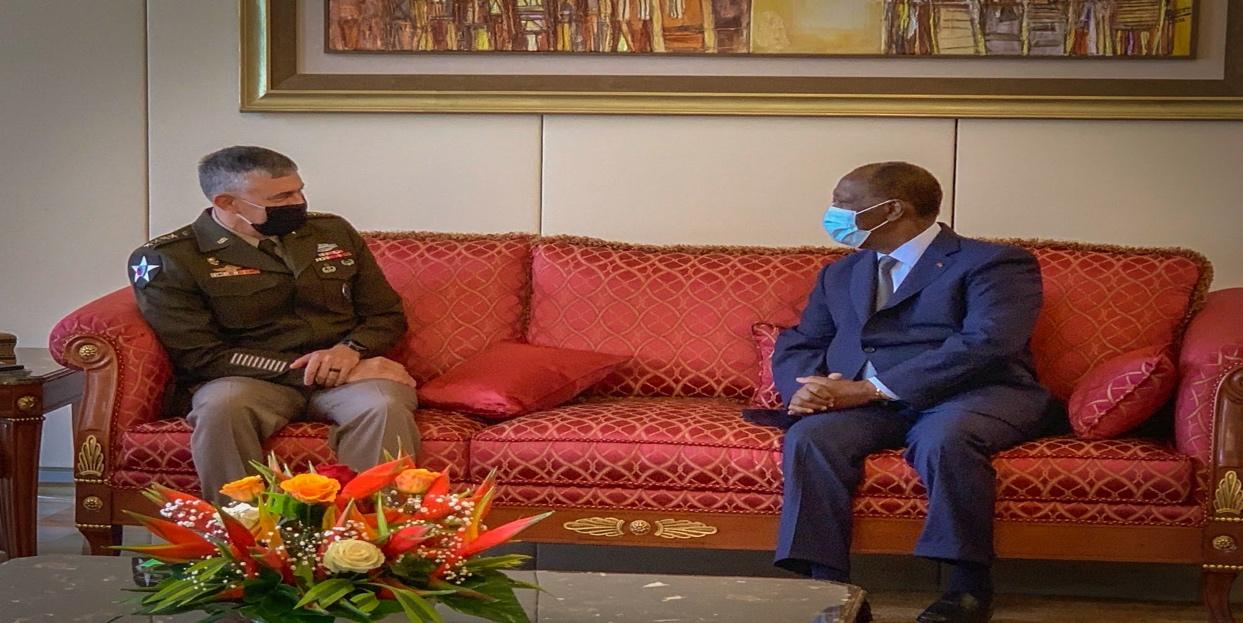
Townsend then traveled to Niger, where the U.S. houses two major drone bases. The country’s president, Mohamed Bazoum was leading a major counter-insurgency operation, backed by the U.S. against Islamic militants. The U.S. troop presence was exposed when four American soldiers were killed after being ambushed in October 2017.
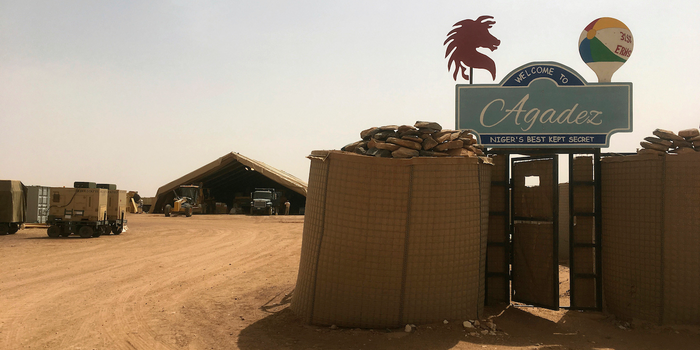
Besides Bazoum, Townsend met in Niamey with French Ambassador Alexandre Garcia and Burkina Faso Commander Laurent Michon to enhance U.S.-French counterterrorism cooperation—along the Syrian model.
Afterwards, Townsend traveled to Djibouti, home of a major U.S. military base where Special Forces operations on the continent were coordinated. He also met with Chadian President Idriss Déby, who later died on the front-lines of a dirty war supported by AFRICOM, and with Mozambican Defense Minister Cristóvão Chume and Chief of General Staff Admiral Joaquim Mangrasse.
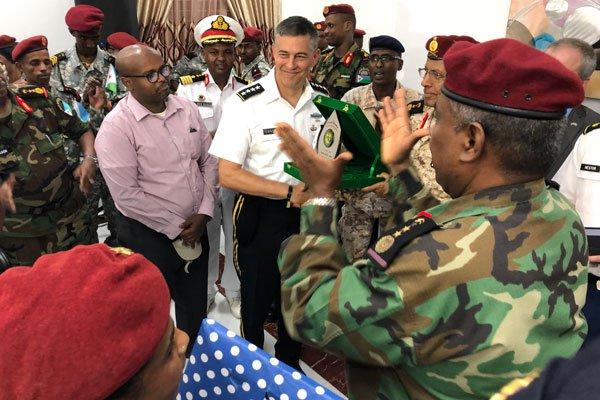
The Biden administration had recently sent troops to Mozambique alongside Portuguese and Rwandan soldiers and South African mercenaries to help the corrupt government quell a Muslim insurgency that threatened a $30 billion liquefied natural gas project of ExxonMobil.[6]
State security forces there receiving training by AFRICOM units were implicated in serious human rights abuses, including arbitrary arrests, abductions, torture, use of excessive force against unarmed civilians, intimidation, and extrajudicial executions.
When he visited a U.S. military base in Manda Bay, Kenya—a headquarters of the war in Somalia—Townsend survived an assassination attempt. AFRICOM troops based there adopted similar tactics to Talon Anvil against al-Shabaab—which made Townsend a target.
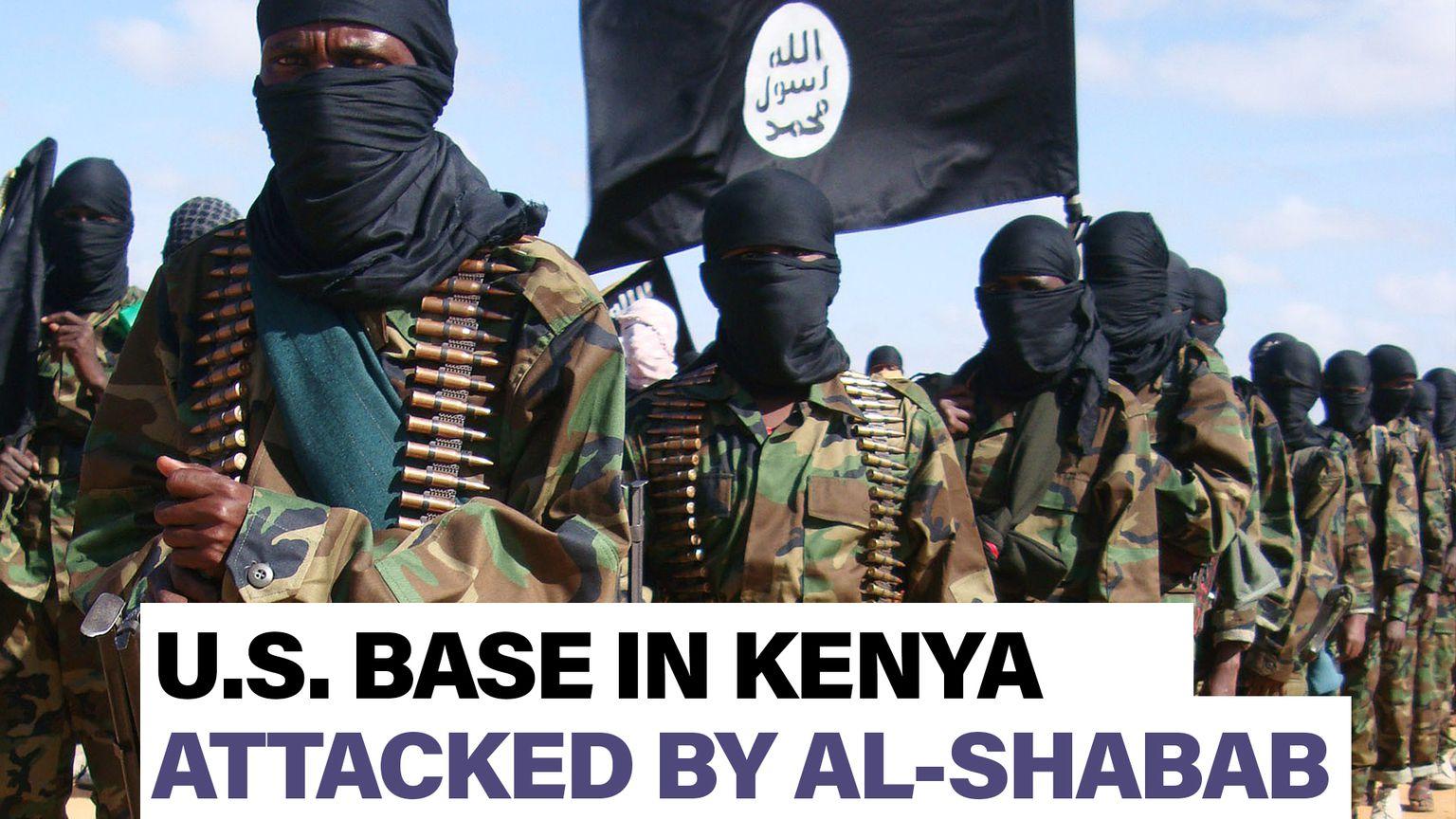

Secret paramilitary units for which Townsend had been covering up, like in Syria, were mounting “snatch and grab” and “kill and capture” raids which “disappeared” many innocent victims and frequently disregarded human rights.
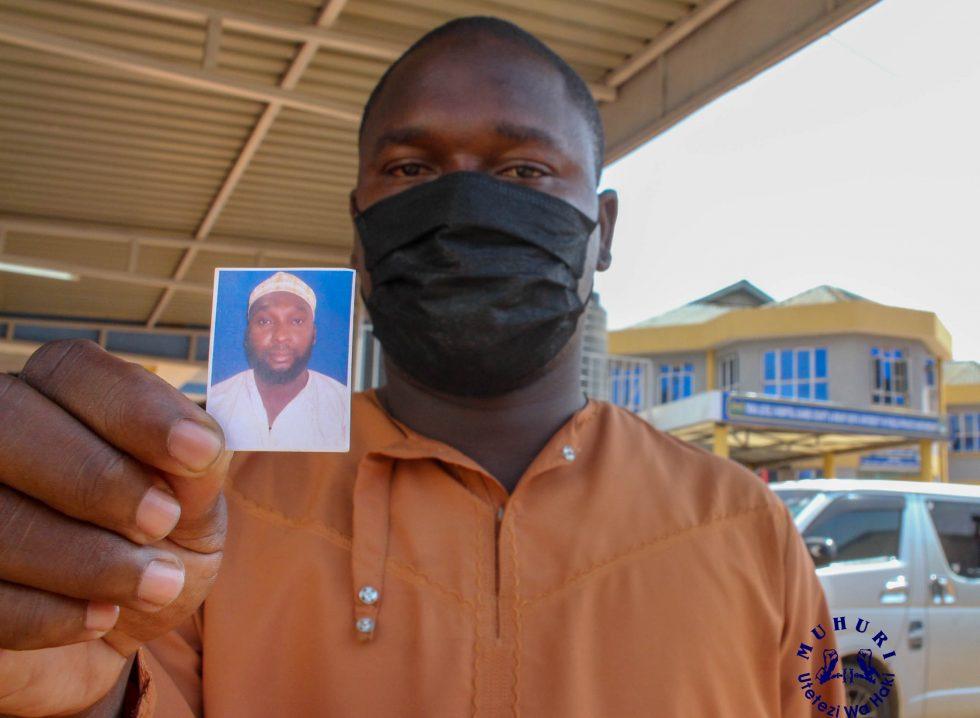
Army Brat
Priding himself as a “soldier’s commander” with a love of history, General Townsend was born in Scheinfeld, Bavaria, West Germany, in 1959 to a German art student mother and an Afghan medical student father, the result of a love affair. He was adopted soon after birth by an American military family in Germany and grew up as an army brat. His adoptive father, James Townsend, was a staff sergeant in an armored unit.
Upon graduation from North Georgia College in 1982, General Townsend was commissioned as an Army infantry officer. In 1983, he served with Operation Urgent Fury in Grenada and continued with Operation Just Cause in Panama and Operation Uphold Democracy in Haiti.
Subsequently, he served with the 10th Mountain Division in Afghanistan, leading a task force in Operation Anaconda, and commanded the 3rd Stryker Brigade Combat Team, leading it in the 2007 Battle of Baqubah in the Iraq War, where the capital of the Iraqi province of Diyala was retaken from Sunni/al-Qaeda forces at a cost of 124 insurgents killed.
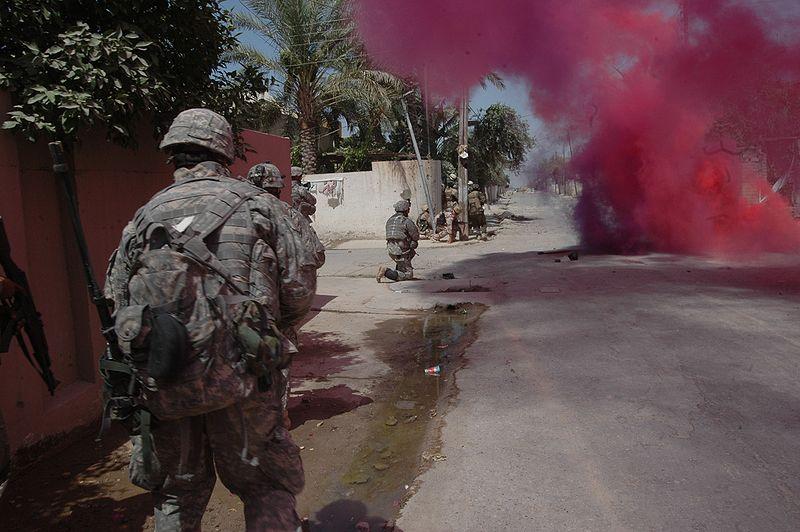
A report on the battle in The Guardian described brutal battlefield conditions in Baqubah in which soldiers were faced with the dilemma of whether or not to shoot women and children who were being used by the insurgents as human shields. Photos show U.S. troops under Townsend’s command terrorizing local residents in the attempt to capture insurgents who had littered the city with IEDs and roadside bombs.
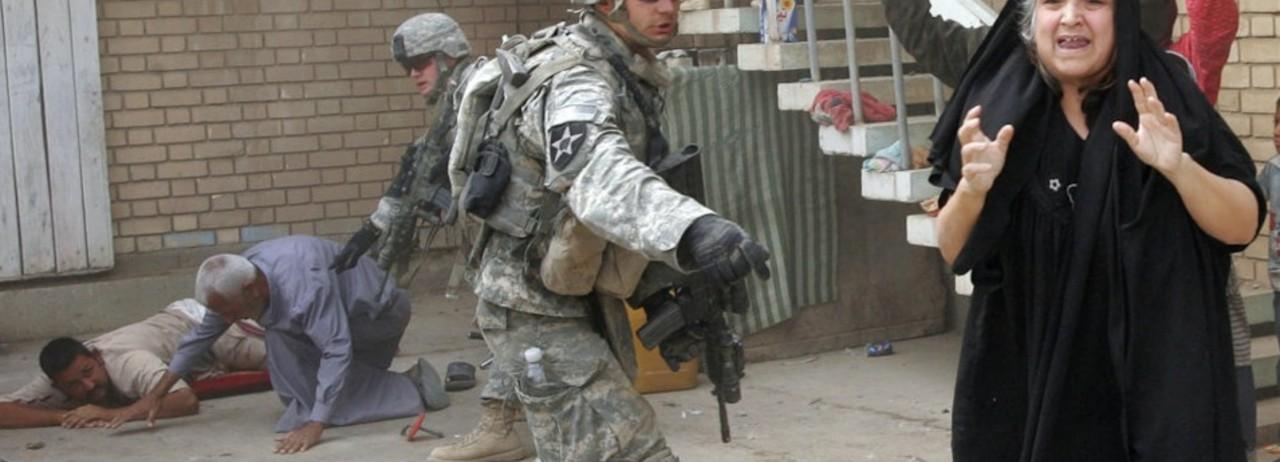
Empire As a Way of Life
From Grenada to Iraq, to Syria and now Africa, Stephen Townsend has gone around the globe for the last 38 years hunting down insurgents in the interests of the American empire.
In that time, he has helped advance a psychological operation facilitating public support for America’s “forever wars.”
Fashioning himself as a practitioner of counter-insurgency doctrine emphasizing the importance of building the legitimacy of the local government, Townsend claims that the U.S. was “never a colonizing power in Africa,” that AFRCOM’s motto is “African solutions, for African problems.” and that countries “drowning in poverty” frequently “ask for U.S. help.”
These words mask the imperial underpinnings of U.S. foreign policy.
Unfortunately, there is no broad demand for Townsend’s indictment as a war criminal. Townsend, rather, continues to enjoy status and respect in a society where empire is a way of life.

-
Townsend denied that he was dismissive of civilian casualties, which he blamed in an interview with the Times on “the misfortunes of war.” ↑
-
See Patrick Cockburn, Kill Chain: The Rise of the High-Tech Assassins (New York: Henry Holt, 2015). ↑
-
“There is no secret air or shadow war as some allege,” Townsend said in an AFRICOM press release. “How can there be when the whole world knows we are assisting Somalia in their fight against al-Shabaab terrorists? When we publicly announce every single airstrike we conduct? When we publicly admit to our mistakes? Unlike al-Shabaab we do everything in our power to avoid civilian casualties and that is not changing on my watch.” ↑
-
Airwars is a UK based research agency that monitors conflicts in the Middle-East. ↑
-
Jeremy Kuzmarov, Obama’s Unending Wars: Fronting the Foreign Policy of the Permanent Warfare State (Atlanta: Clarity Press, 2019), 106. ↑
-
Townsend has also visited South Africa in an attempt to pry South Africa away from its growing alliances with Russia and China. The three countries participated in their first-ever trilateral naval exercises in November 2019. ↑
CovertAction Magazine is made possible by subscriptions, orders and donations from readers like you.
Blow the Whistle on U.S. Imperialism
Click the whistle and donate
When you donate to CovertAction Magazine, you are supporting investigative journalism. Your contributions go directly to supporting the development, production, editing, and dissemination of the Magazine.
CovertAction Magazine does not receive corporate or government sponsorship. Yet, we hold a steadfast commitment to providing compensation for writers, editorial and technical support. Your support helps facilitate this compensation as well as increase the caliber of this work.
Please make a donation by clicking on the donate logo above and enter the amount and your credit or debit card information.
CovertAction Institute, Inc. (CAI) is a 501(c)(3) non-profit organization and your gift is tax-deductible for federal income purposes. CAI’s tax-exempt ID number is 87-2461683.
We sincerely thank you for your support.
Disclaimer: The contents of this article are the sole responsibility of the author(s). CovertAction Institute, Inc. (CAI), including its Board of Directors (BD), Editorial Board (EB), Advisory Board (AB), staff, volunteers and its projects (including CovertAction Magazine) are not responsible for any inaccurate or incorrect statement in this article. This article also does not necessarily represent the views the BD, the EB, the AB, staff, volunteers, or any members of its projects.
Differing viewpoints: CAM publishes articles with differing viewpoints in an effort to nurture vibrant debate and thoughtful critical analysis. Feel free to comment on the articles in the comment section and/or send your letters to the Editors, which we will publish in the Letters column.
Copyrighted Material: This web site may contain copyrighted material the use of which has not always been specifically authorized by the copyright owner. As a not-for-profit charitable organization incorporated in the State of New York, we are making such material available in an effort to advance the understanding of humanity’s problems and hopefully to help find solutions for those problems. We believe this constitutes a ‘fair use’ of any such copyrighted material as provided for in section 107 of the US Copyright Law. You can read more about ‘fair use’ and US Copyright Law at the Legal Information Institute of Cornell Law School.
Republishing: CovertAction Magazine (CAM) grants permission to cross-post CAM articles on not-for-profit community internet sites as long as the source is acknowledged together with a hyperlink to the original CovertAction Magazine article. Also, kindly let us know at info@CovertActionMagazine.com. For publication of CAM articles in print or other forms including commercial internet sites, contact: info@CovertActionMagazine.com.
By using this site, you agree to these terms above.
About the Author

Jeremy Kuzmarov holds a Ph.D. in American history from Brandeis University and has taught at numerous colleges across the United States. He is regularly sought out as an expert on U.S. history and politics for radio and TV programs and co-hosts a radio show on New York Public Radio and on Progressive Radio News Network called “Uncontrolled Opposition.”
He is Managing Editor of CovertAction Magazine and is the author of six books on U.S. foreign policy, including Obama’s Unending Wars (Clarity Press, 2019), The Russians Are Coming, Again, with John Marciano (Monthly Review Press, 2018), Warmonger. How Clinton’s Malign Foreign Policy Launched the U.S. Trajectory From Bush II to Biden (Clarity Press, 2023); and with Dan Kovalik, Syria: Anatomy of Regime Change (Baraka Books, 2025).
Besides these books, Kuzmarov has published hundreds of articles and contributed to numerous edited volumes, including one in the prestigious Oxford History of Counterinsurgency .
He can be reached at jkuzmarov2@gmail.com and found on substack here.

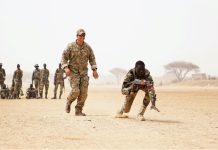
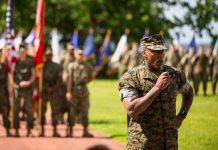


[…] funding for the U.S. Africa Command, AFRICOM, which is currently headed by a war criminal, Stephen Townsend, and has contributed to the recolonization of […]
Further news on General Townsend’s sordid history: https://www.nytimes.com/2022/01/20/us/airstrike-us-isis-dam.html
[…] Larry Lewis, a former Pentagon and State Department adviser who was one of the authors of a 2018 Defense Department report on civilian harm, reported that Townsend was dismissive of reports from news media and human rights organizations describing the mounting human toll of U.S. Special Forces operations in Syria.[1] […]
If science can not be questioned it’s not science anymore. It’s propaganda. They want to rip on people for taking Ivermectin. I researched and saw the evidence on the internet. Research papers are on the internet for those who wants to see. Top respected world doctors are being under defamation by MSM and vaccine manufacturers. I won’t back down recommeding IVM. You can get yours by visiting ivmcures.com
[…] Why is Joe Biden Discreetly Looking the Other Way as His AFRICOM Commander Commits War Crimes for Wh… […]
[…] AFRICOM Commander Commits War Crimes for Which He Would Have Been Hanged at Nuremberg, by Jeremy Kuz… War Games: Special Forces prepare to fight insurgency on U.S. soil… […]
An overlooked event that involved the General.
https://www.youtube.com/watch?v=O6O2T_-4Wls